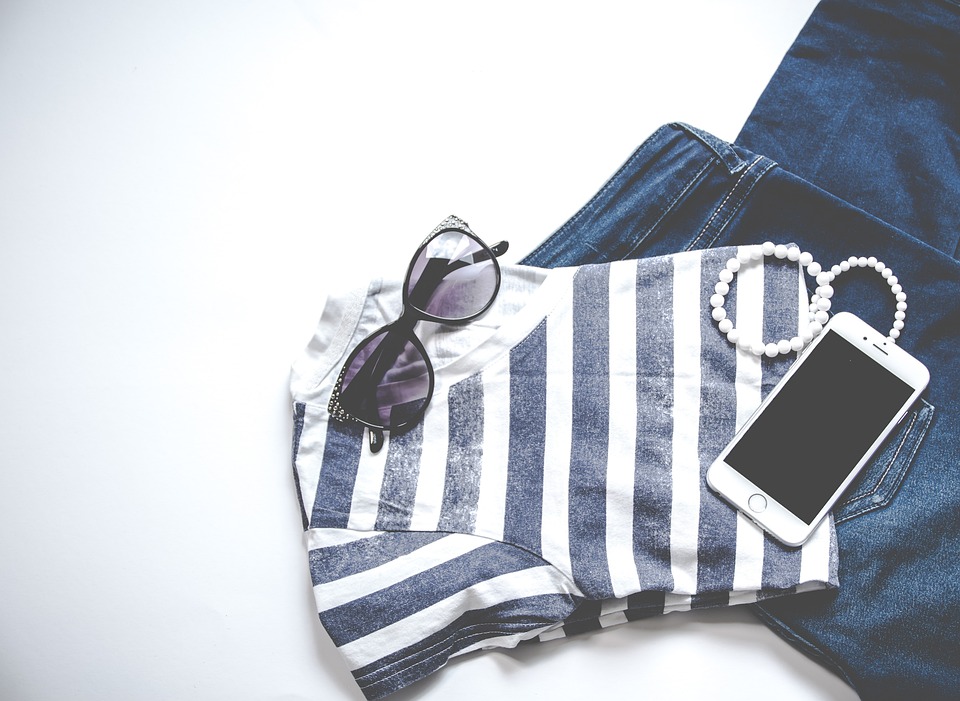Introduction
In an era where sustainability and health are becoming paramount in consumer choices, parents are increasingly seeking eco-friendly options for their children. Among these choices, organic baby clothing stands out not only for its environmental benefits but also for its superior quality and safety for babies’ delicate skin. As awareness grows about the harmful chemicals and processes involved in conventional clothing production, opting for organic clothing for our youngest family members has never been more relevant. This article explores the benefits of choosing organic baby clothing, nurturing both your little one and the planet.
Understanding Organic Baby Clothing
Organic baby clothing is made from materials that are derived from natural sources, primarily cotton, and free from synthetic chemicals, pesticides, and fertilizers. The production of organic fibers also adheres to strict guidelines concerning environmental impact and social responsibility, ensuring that the methods used are sustainable and ethical.
The Global Organic Textile Standard (GOTS) is one of the most recognized certifications in this field, ensuring that an organic textile has been produced under strict environmental and social criteria from the harvesting of raw materials to the labeling of the final product. When parents choose clothing labeled with GOTS or similar certifications, they can rest assured that they are making a safe choice for their children and contributing positively to the environment.
The Benefits of Choosing Organic Materials
- Safety for Sensitive Skin
Babies possess particularly sensitive and delicate skin that is susceptible to irritation and allergic reactions. Traditional baby clothes often contain residual chemicals from dyes and treatments, which can be harsh for infants. Organic baby clothing, on the other hand, is made without these harmful substances. The absence of potentially irritating additives significantly reduces the risk of skin allergies, rashes, and discomfort. Parents can confidently dress their babies in soft, organic fabrics that have been minimally processed, knowing they are providing the safest option for their child.
- Environmental Impact
The conventional cotton industry is notorious for its high environmental cost. It is one of the most pesticide-intensive crops, employing harmful chemicals that can seep into soil and waterways, affecting ecosystems and human health alike. By contrast, organic farming practices promote biodiversity and utilize crop rotation and composting, reducing reliance on synthetic fertilizers and pesticides. Additionally, organic cotton farming uses significantly less water than conventional methods, contributing to sustainable water usage. By choosing organic baby clothing, parents are taking a stand against harmful agricultural practices and supporting a greener planet for future generations.
- Durability and Quality
Organic baby clothing is not only safer but also often more durable. The natural fibers used in organic fabrics are less prone to wear and tear, extending the lifespan of clothing items. While organic clothing may come with a higher price tag, it is often a sound investment given its resilience to fading and stretching over time. This durability means that these garments can often be passed down to younger siblings or friends, promoting a cycle of sustainability and reducing waste. Furthermore, the soft texture of organic cotton increases comfort for babies, which can be an essential factor in ensuring a peaceful sleeping or playing environment.
The Social Responsibility Aspect
Choosing organic baby clothing also aligns with a growing concern for ethical practices in production. Many organic brands focus on fair trade practices, ensuring that workers involved in the growing, harvesting, and manufacturing processes are treated fairly and compensated appropriately. This commitment to social responsibility extends the benefits beyond just the end consumer and investor; it fosters a healthier ecosystem—not just in terms of agriculture but also in labor practices worldwide.
Fair trade certifications often accompany organic labels, signaling that the brands are prioritized ethical procurement practices. This means that with each purchase of organic baby clothing, parents are also advocating for positive changes in the industry, supporting better conditions for farmers and workers who produce the textiles.
Conclusion
As society becomes more aware of health, environmental, and ethical responsibilities, the choice to invest in organic baby clothing resonates on several levels. From the safety and comfort provided to sensitive skin to the positive environmental impact and social responsibility associated with organic farming practices, the benefits are multifaceted. Choosing organic is not merely a fashion statement; it is a commitment to nurturing nature and fostering a sustainable future.
In a landscape where every choice impacts our planet and future generations, organic baby clothing is a simple yet powerful way for parents to make a difference. As you navigate the world of baby clothing, consider the lasting impact of choosing organic—not just for your little one, but for the world they will inherit. By nurturing nature, we can ensure a healthier and more sustainable future for all.





Leave a Comment